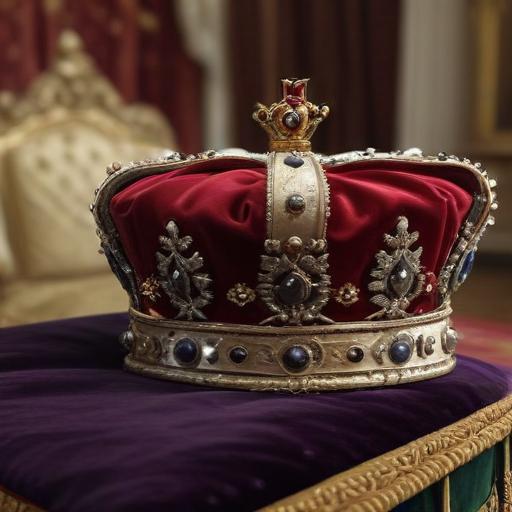As Prince William prepares for his future role as monarch, discussions surrounding his approach to royal family dynamics intensify. Royal commentators speculate on the potential changes he might implement, particularly concerning his uncle, Prince Andrew, who has been embroiled in numerous controversies, including his connections to convicted sex offender Jeffrey Epstein and other allegations of misconduct, which he denies.
Though William has not articulated his plans publicly, sources indicate he is likely to distance himself from figures he views as detrimental to the monarchy’s image. Helena Chard, a British broadcaster and photographer, emphasized that anyone she views as a threat will be excluded from royal responsibilities. She described William as a “shrewd operator,” committed to securing a stable future for the monarchy.
Prince Andrew has been noticeably absent from significant royal functions, partially due to his past actions and the ongoing scrutiny they attract. His public appearances have diminished significantly under King Charles’s reign, with his last notable attendance being at the Easter service in Windsor with other royal family members. He was also expected to participate in the annual Sandringham walk last Christmas but withdrew amid a scandal linked to a suspected Chinese spy, further distancing himself from public life.
As the royal family navigates these complex dynamics, the potential for significant changes during William’s reign remains a point of interest. Observers argue that the future monarch’s decisions will likely reflect a modern approach to the monarchy, focusing on unity and stability amid ongoing challenges.
In a hopeful reflection, Prince William’s resolve to uphold the monarchy’s dignity and ensure its progression suggests a future focused on accountability and the betterment of public perception. This perspective could invigorate the royal institution, encouraging a renewed trust among the public as it evolves with contemporary society.
